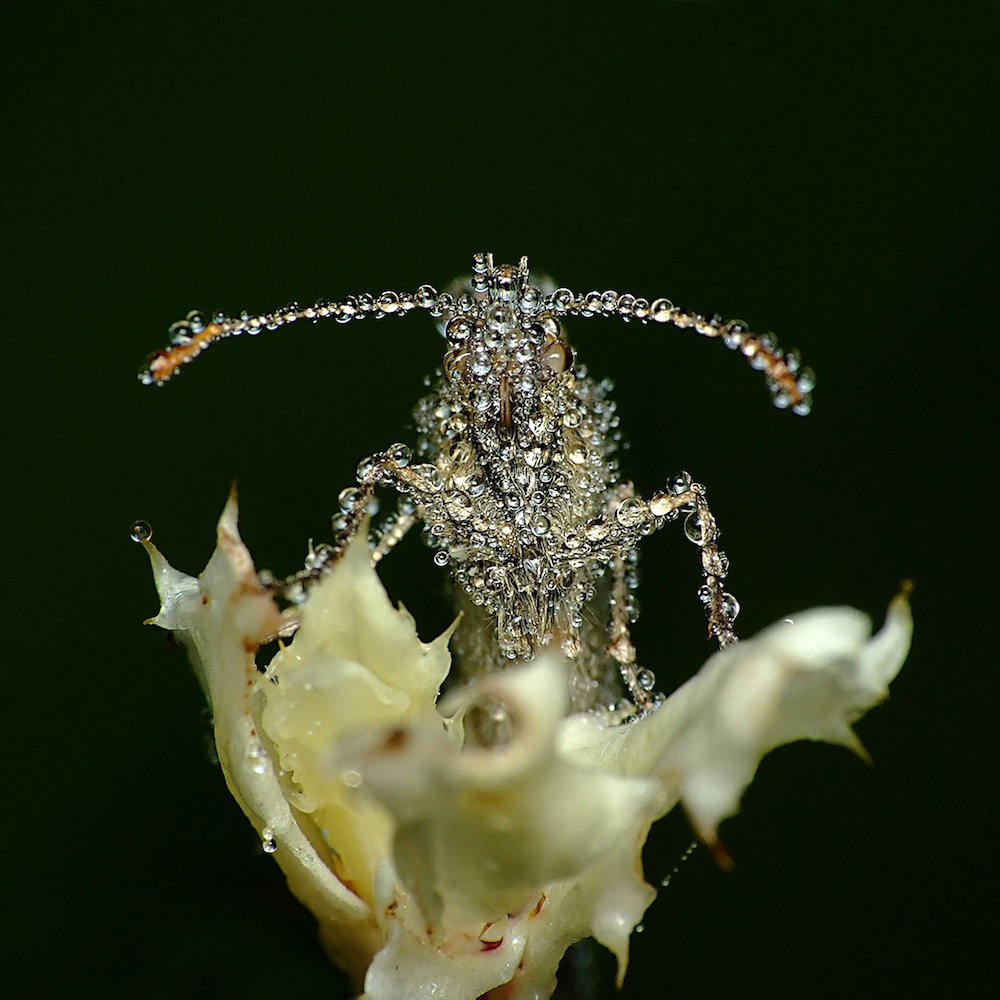Site News: New Commenting Functionality

Get the world’s most fascinating discoveries delivered straight to your inbox.
You are now subscribed
Your newsletter sign-up was successful
Want to add more newsletters?

Delivered Daily
Daily Newsletter
Sign up for the latest discoveries, groundbreaking research and fascinating breakthroughs that impact you and the wider world direct to your inbox.

Once a week
Life's Little Mysteries
Feed your curiosity with an exclusive mystery every week, solved with science and delivered direct to your inbox before it's seen anywhere else.

Once a week
How It Works
Sign up to our free science & technology newsletter for your weekly fix of fascinating articles, quick quizzes, amazing images, and more

Delivered daily
Space.com Newsletter
Breaking space news, the latest updates on rocket launches, skywatching events and more!

Once a month
Watch This Space
Sign up to our monthly entertainment newsletter to keep up with all our coverage of the latest sci-fi and space movies, tv shows, games and books.

Once a week
Night Sky This Week
Discover this week's must-see night sky events, moon phases, and stunning astrophotos. Sign up for our skywatching newsletter and explore the universe with us!
Join the club
Get full access to premium articles, exclusive features and a growing list of member rewards.
On Monday (Oct. 31), LiveScience will change its article commenting system to one that's more fully integrated with Facebook. The new setup allows anyone to log in with a Facebook account, or with a Yahoo, AOL, or Hotmail account.
The change reflects a convergence in article commenting and other social media. As of this writing, LiveScience has more than 62,000 Facebook fans, and conversations about our articles increasingly take place on Facebook itself as much as on our article pages. By integrating the two more fully, we expect the conversations about science and how it fits into our lives will become even more thoughtful and useful and engaging.
Unlike our current setup, the new commenting system will not allow anonymous posts.
With this change, previous comments will not be archived, and LiveScience log-ins will no longer work. We'll be making a fresh start.
LiveScience has long had a robust community with lots of insightful and entertaining things to say, and we'd like to apologize to those who may not like the change. But we hope you'll stick with us and give the new setup a try as we go boldly forward.
Follow LiveScience for the latest in science news and discoveries on Twitter @livescience and on Facebook.
Get the world’s most fascinating discoveries delivered straight to your inbox.
 Live Science Plus
Live Science Plus











